How Opera Paved the Way for Musicals
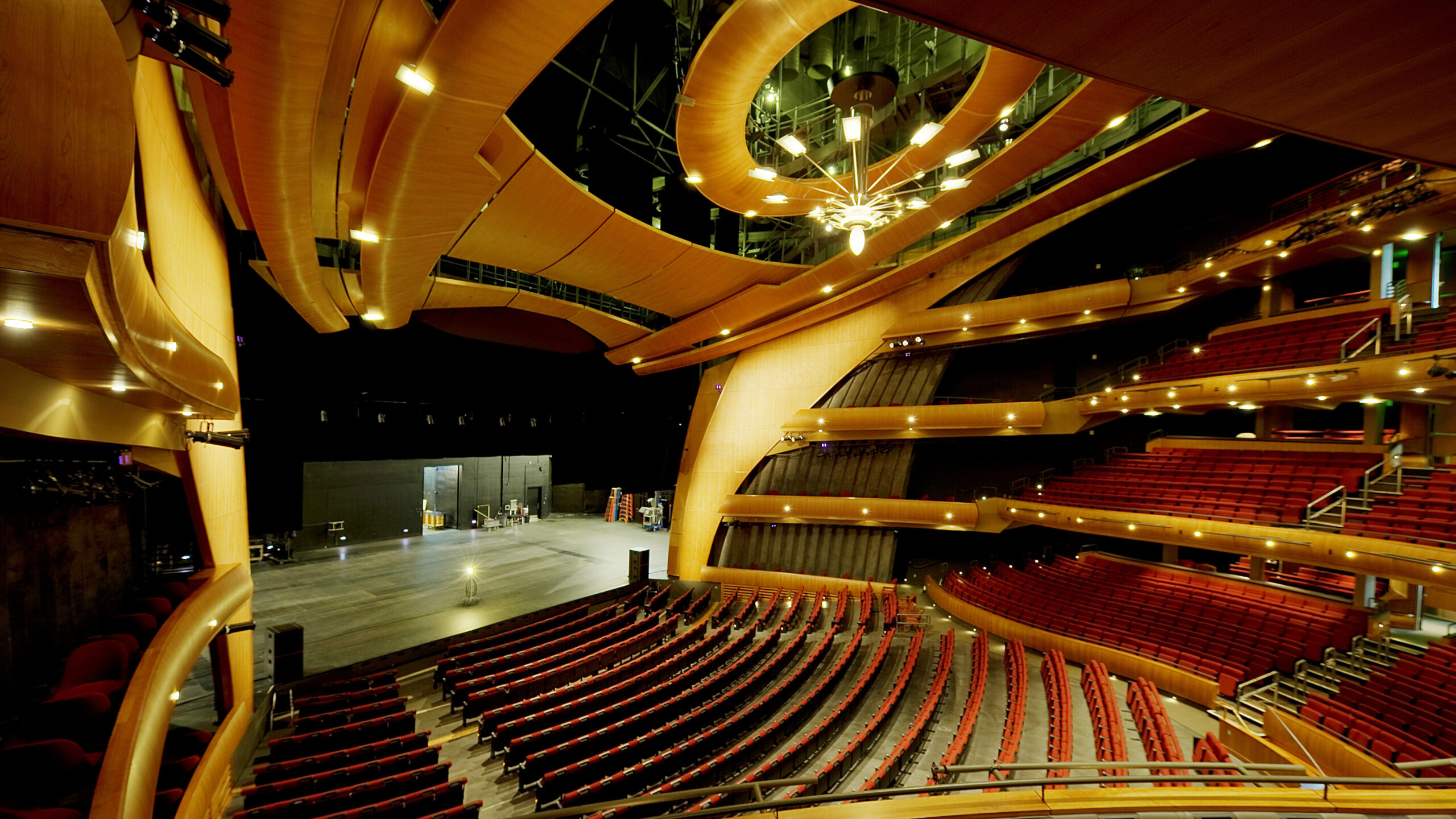
Musicals have become an integral part of the performing arts. They captivate audiences with their blend of music, dance, and storytelling. While they may seem like a distinct genre, musicals have deep roots that can be traced back to the world of opera. In this blog post, we’ll explore the fascinating journey of how musicals emerged from opera, evolving into the unique and vibrant art form we know and love today.
In the Beginning, There Was Opera
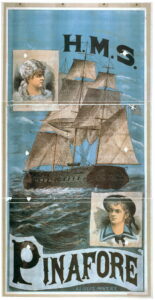
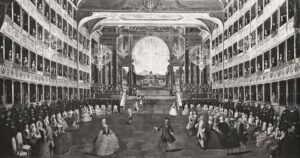
To understand the connection between opera and musicals, we should first delve into the origins of opera itself. Opera originated in late sixteenth-century Italy. Scholars and musicians brought together various art forms, including music, drama, and poetry. It featured elaborate staging, costumes, and vocal performances, with the aim of conveying a story through the power of music.
As the years went by, opera started to change. In the mid-nineteenth century, a lighter form of opera, known as operetta, emerged. Operetta blended elements of opera with spoken dialogue, comedic plots, and catchy melodies. This shift allowed for a more accessible form of musical entertainment. Operetta could reach a broader audience and incorporate more popular themes.
The Rise of the Musical Comedy and Modern Musicals
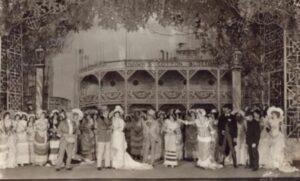
In the late nineteenth and early twentieth centuries, another significant development occurred with the emergence of musical comedy. Musicals began to incorporate more elements of spoken dialogue, comedy, and dance, while still maintaining the presence of music as a central component. Broadway in New York City became the hub for these new forms of entertainment, and composers like George M. Cohan and Irving Berlin were at the forefront of this evolution.
In 1927, the groundbreaking musical Show Boat premiered on Broadway. It had music by Jerome Kern and lyrics by Oscar Hammerstein II. Show Boat is widely regarded as a pivotal moment in the history of musicals. It marked the first time a musical integrated songs, dances, and dialogue to tell a cohesive and emotionally driven story. This innovative approach set the stage for future musicals and solidified the transition from operetta to the modern musical.
The Golden Age of Musicals and Beyond
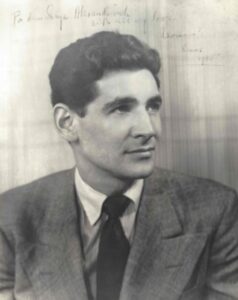
Following the success of Show Boat, the 1940s and 1950s witnessed what is often referred to as the Golden Age of Musicals. Composers like Richard Rodgers, Oscar Hammerstein II, Leonard Bernstein, and Stephen Sondheim pushed the boundaries of storytelling in musicals. They combined complex characters, compelling narratives, and memorable songs all in one. Musicals like Oklahoma!, West Side Story, and The Sound of Music became iconic examples of this era, showcasing the continued fusion of music and drama.
As we entered the latter half of the twentieth century and beyond, musicals continued to evolve and adapt to changing tastes and societal shifts. Contemporary musicals have embraced a wide range of styles, themes, and subject matters. From the rock-inspired Rent to the hip-hop phenomenon of Hamilton, modern musicals have demonstrated the genre’s versatility and ability to reflect the pulse of the times.
EVOLVING ART
The journey from opera to musicals is a testament to the evolution of art forms over time. Starting with the grandeur and intensity of opera, the introduction of spoken dialogue and comedic elements in operetta, and the subsequent rise of musical comedy, each phase contributed to the development of the modern musical. Today, musicals encompass a vast range of styles, narratives, and genres. They draw inspiration from their predecessors while continuing to innovate and captivate audiences worldwide. As we enjoy the magic of musical theater, let us appreciate its rich heritage and the ways in which opera played an influential role in its creation.
Stay up to date on all things Opera Colorado when you subscribe to our newsletter>>



This was terrific! I have also read that the introduction of microphones for use by singers in theater was instrumental (pun intended) in distinguishing opera from musicals because those who went into musicals tended to no longer have classical voice training. Do you agree?